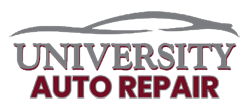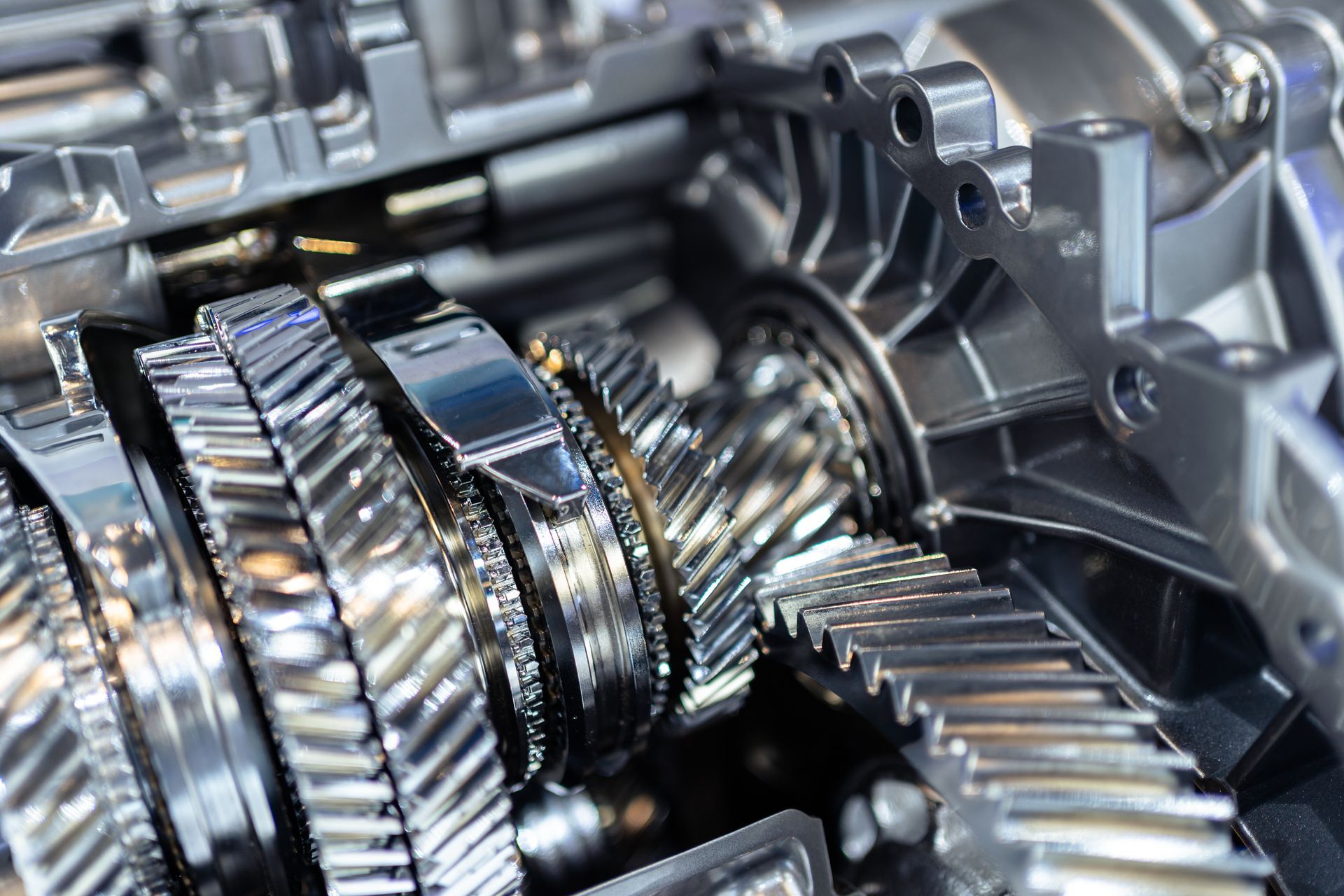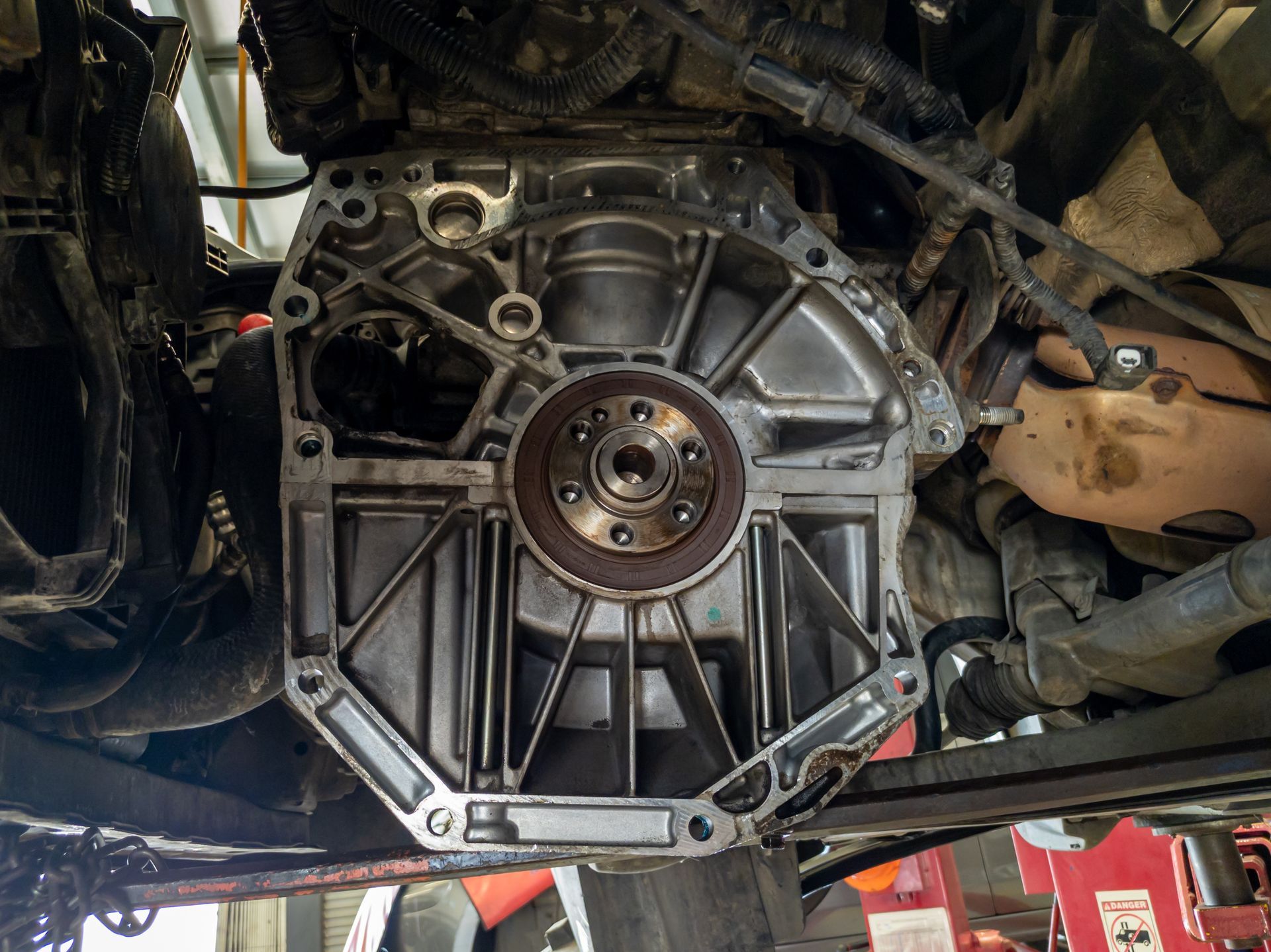Everything You Need to Know About Antifreeze and Coolant Maintenance
Your vehicle’s cooling system is one of the most critical components protecting your engine from overheating, freezing, and internal corrosion. And at the core of this system is something simple but vital—antifreeze, also known as coolant. At University Auto Repair in Moscow, ID, we’ve seen firsthand how overlooked coolant maintenance can lead to costly engine damage, poor fuel efficiency, and even complete system failure. This blog will help you understand why antifreeze matters, how it works, and what you can do to maintain it properly.
What Is Antifreeze, Really?
Antifreeze is a fluid that’s mixed with water and circulated through your vehicle’s engine and radiator. Its primary job is to regulate temperature: preventing your engine from overheating in the summer and freezing in the winter. But antifreeze does more than just temperature control—it also lubricates moving parts, prevents corrosion in metal engine components, and maintains overall system health.
In colder climates like we experience here in Moscow, ID, the right antifreeze mix is essential to avoid freeze-ups in the radiator and engine block. Without it, even a single overnight freeze could result in severe internal damage.
Why Coolant Maintenance Matters
At University Auto Repair, we regularly help customers who unknowingly let their coolant become dirty, diluted, or simply too old to protect their engine effectively. Coolant degrades over time, and when it does, it becomes acidic and less effective at preventing corrosion. This can cause buildup, blockages, or even leaks that reduce your cooling system’s ability to do its job.
Regular coolant flushes and level checks are part of smart preventative maintenance. Failing to maintain coolant can lead to:
- Engine overheating
- Cracked cylinder heads
- Water pump failure
- Poor cabin heater performance
- Corrosion in the radiator or heater core
The good news? All of these problems are preventable with routine maintenance—and we make it easy at University Auto Repair.
Signs Your Coolant Needs Attention
Wondering if your vehicle is due for a coolant service? Here are some signs that shouldn’t be ignored:
- Dashboard temperature warning light
- Steam coming from the hood
- Visible coolant leaks under the car
- Sweet or pungent smell from the engine
- Discolored or sludgy coolant in the reservoir
If you notice any of these symptoms while driving in or around Moscow, ID, don’t wait—bring your vehicle into University Auto Repair for a quick inspection. Acting early can save you from much bigger repairs down the line.
What Happens During a Coolant Flush?
A coolant flush is more than just a simple drain and refill. At University Auto Repair, we follow a thorough process that ensures your system is clean, protected, and functioning at peak efficiency.
- We begin by inspecting the coolant for color, clarity, and pH levels.
- Next, we drain the old coolant and flush the system to remove any rust, sediment, or debris.
- We refill the system with the manufacturer-recommended coolant mix (usually 50/50 antifreeze and water).
- Pressure tests are performed to check for leaks or system weaknesses.
- We confirm proper circulation and engine temperature stability before finishing the service.
This kind of attention to detail is what makes our services stand out in the Moscow area.
How Often Should You Replace Antifreeze?
The general rule of thumb is every 30,000 to 50,000 miles, but it depends on your vehicle’s make, model, and coolant type. Some newer vehicles use long-life coolant that can last up to 100,000 miles—but it still needs to be checked regularly.
Drivers in Moscow, ID, especially those who deal with frequent short trips, extreme temperature swings, or off-road driving, may need more frequent checks. At University Auto Repair, we’re happy to inspect your coolant as part of any routine service—just ask.
Common Coolant Myths—Busted
Let’s clear up a few misconceptions we often hear in the shop:
- Myth: Coolant is “set and forget.”
Truth: Coolant loses effectiveness over time, even if your vehicle isn’t leaking. - Myth: Any antifreeze will work in any car.
Truth: Using the wrong coolant type can cause gelling, clogging, or damage to your engine. - Myth: Topping off coolant is enough.
Truth: Topping off doesn’t clean the system or replace degraded fluid—it’s a temporary fix, not a solution.
Being informed is the first step toward smarter vehicle care—and we’re here to help guide you.
Why Trust University Auto Repair for Coolant Service?
At University Auto Repair in Moscow, ID, we take a personalized approach to vehicle maintenance. Our ASE-certified technicians don’t just check the basics—we evaluate the entire cooling system to ensure your engine is protected year-round. We use high-quality, manufacturer-approved antifreeze, advanced testing equipment, and follow CAR-approved procedures to give you the best results.
Whether it’s a simple check or a full system flush, we treat every vehicle like our own. Our goal is to keep your engine safe, your repair costs low, and your peace of mind high.
Final Thoughts: Don’t Skip the Coolant Check
Coolant might not be as visible or glamorous as new tires or a shiny oil change sticker—but it's essential. Staying on top of antifreeze maintenance is a smart move for any driver, especially with the seasonal extremes we see in Moscow, ID. At University Auto Repair, we make coolant care simple, affordable, and trustworthy.
If it’s been a while since your last coolant inspection, or you’ve noticed any warning signs, let us help you take care of it—before it becomes a bigger problem. We’re here to keep your car healthy, your engine protected, and your travels worry-free.








